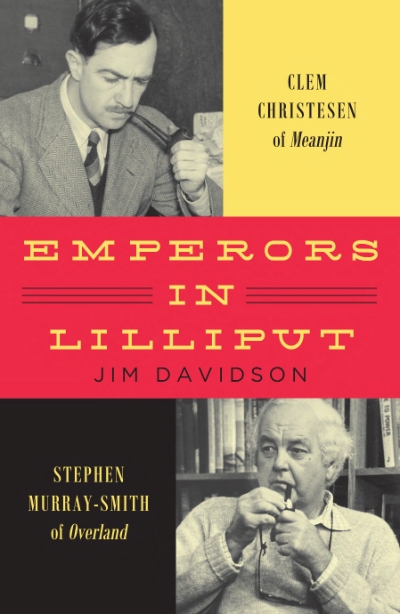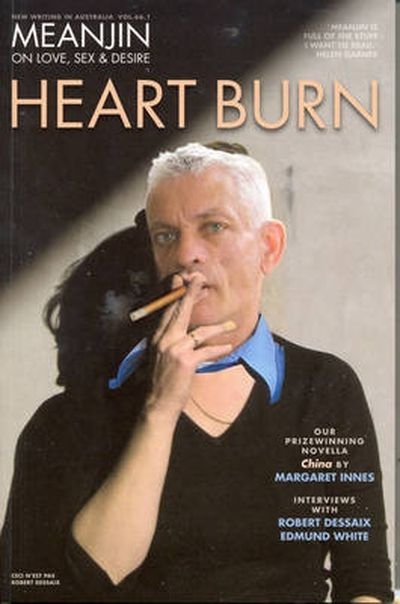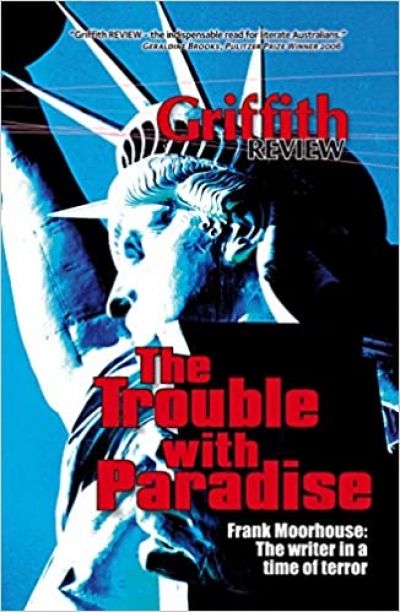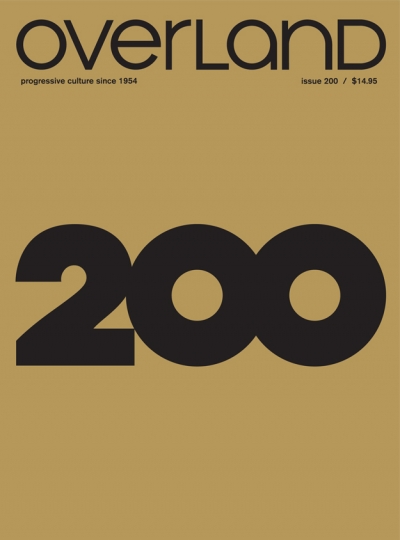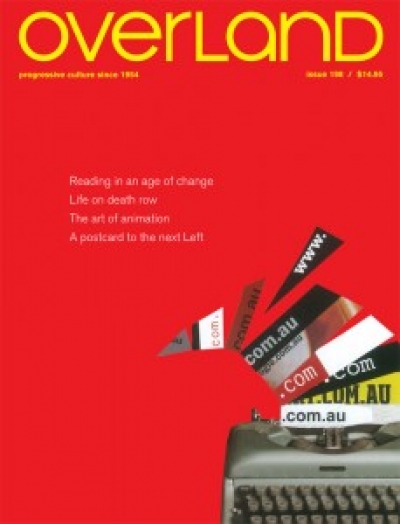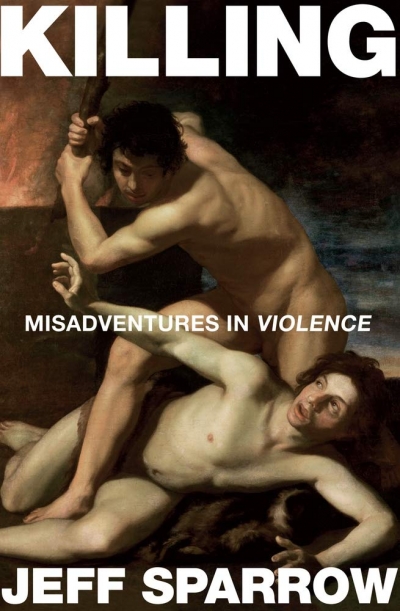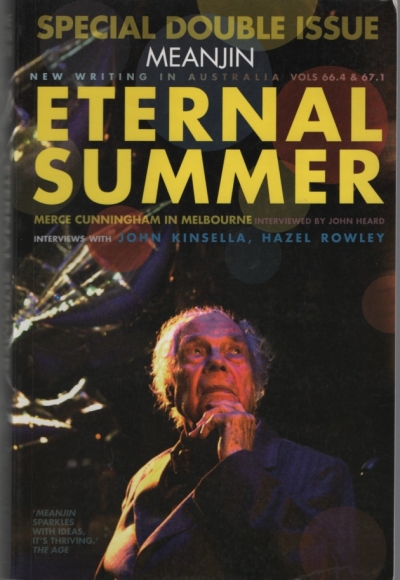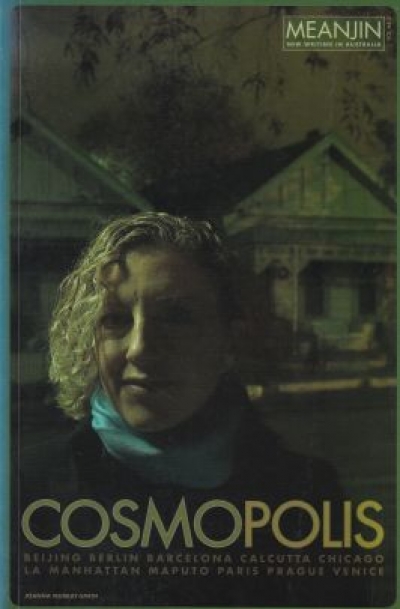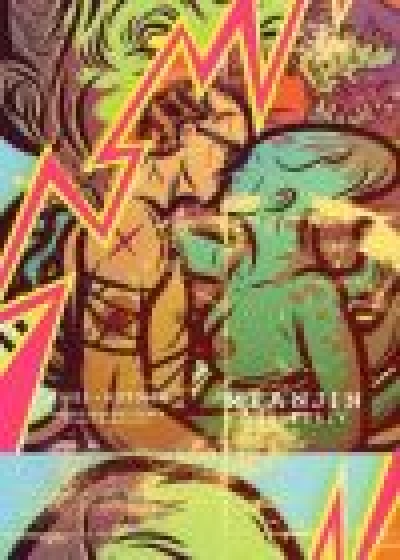Overland
Emperors in Lilliput: Clem Christesen of Meanjin and Stephen Murray-Smith of Overland by Jim Davidson
by Graeme Davison •
Meanjin Vol. 66, No. 1 edited by Ian Britain & Overland 186 edited by Nathan Hollier
by Geordie Williamson •
Griffith Review 14: The trouble with paradise edited by Julianne Schultz
by Melinda Harvey •
Killing: Misadventures in violence by Jeff Sparrow
by Elisabeth Holdsworth •
Meanjin, Vol. 66, No. 4 & Vol. 67, No. 1 edited by Ian Britain & Griffith Review 20 edited by Julianne Schultz
by Lyn McCredden •
Meanjin edited by Ian Britain & Overland 183 edited by Nathan Hollier
by Geordie Williamson •
Meanjin edited by Ian Britain & Overland No. 181 edited by Nathan Hollier
by Melinda Harvey •

